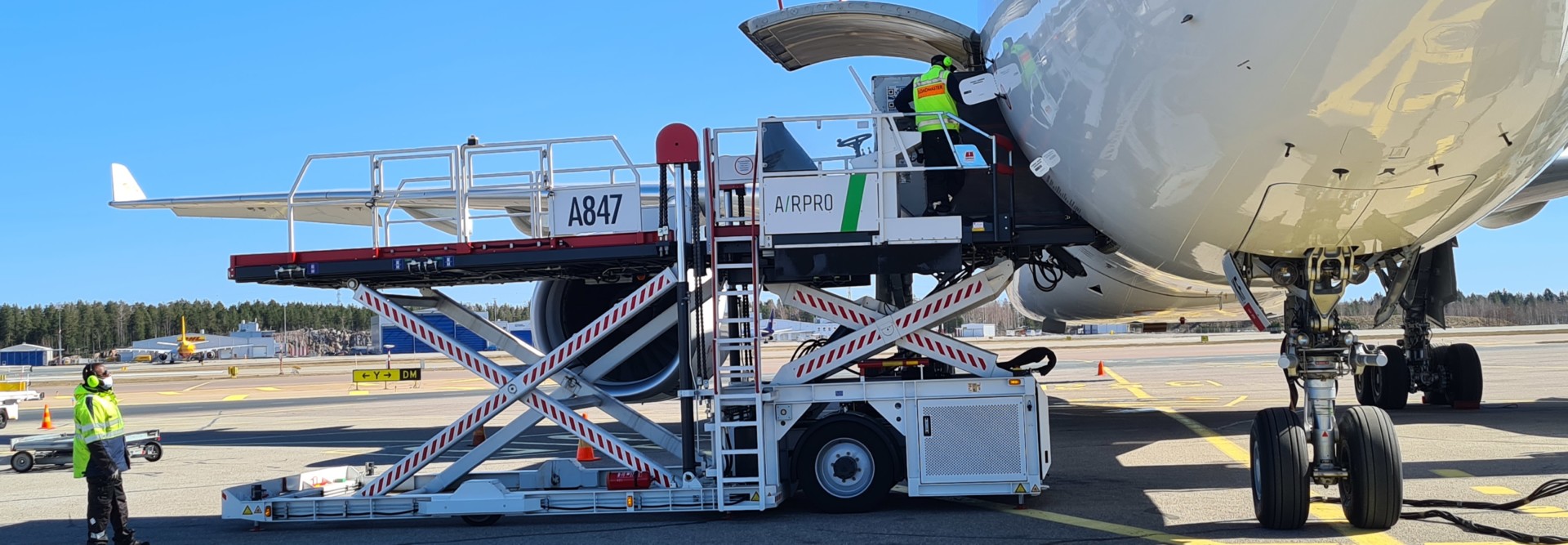
When All Other Transportation Modes Fail: Air Cargo
Why Choose Air Cargo for Your Heavy Industry Transports?
Air Cargo can be a product-saver in times when logistics chains are challenged. Let’s open with an example. When Covid-19 struck the whole world, it showed how no one could prepare for the effects it caused. It affected even given things that independent consumers cannot see in their everyday lives, freight traffic. Pandemic or not, summer or winter, public places open or not, the fact is cargo must move. During the pandemic, harbours and sea traffic slowed to the point where prices grew exorbitantly high, and the certainty of delivery times is no longer a given. Furthermore, heavy road traffic and railway transport also met challenges in efficiency and pricing.
Meanwhile, air traffic has generally operated smoothly, except few airports being closed due to the pandemic. Cargo has been moving smoothly, and air cargo has even been able to up available volumes quickly in the event of an emergency for the transport of masks, gloves, and vaccines. Is this the future for goods that were not previously planned by air in terms of price and schedule? Large industrial machinery, heavy equipment, or critical goods that cannot afford to take 20 to 60 days of waiting time and possible delays might be a new market segment of air cargo.
Time-critical, operational quality, and security of supply are highlights of air cargo. This results in specific and measurable deadlines that result in high target fulfilment. In addition, it is possible to get much closer to the destination by plane than by sea, rail, or across any body of water. Different types of planes make it possible to transport even special equipment, and today even heavy equipment is no longer impossible to be transported transport by air. Supply plays a crucial role in big projects since some projects require milestone fulfilment that cannot be achieved without the necessary parts available on-site.
Regarding trade conferences, for example, it is critical to transport required materials and stands to the conference on time, with further transport to the next venue. Considering sample and testing material transportation, air travel is available to clients at ease, and future commercial agreements can be founded on transport efficiency.
So now we can ask, why is air cargo NOT a mode of transport for heavy production? Considering air transport as an alternative to other modes of transport will get you ready for the future, and clients your products with plannability and security!

